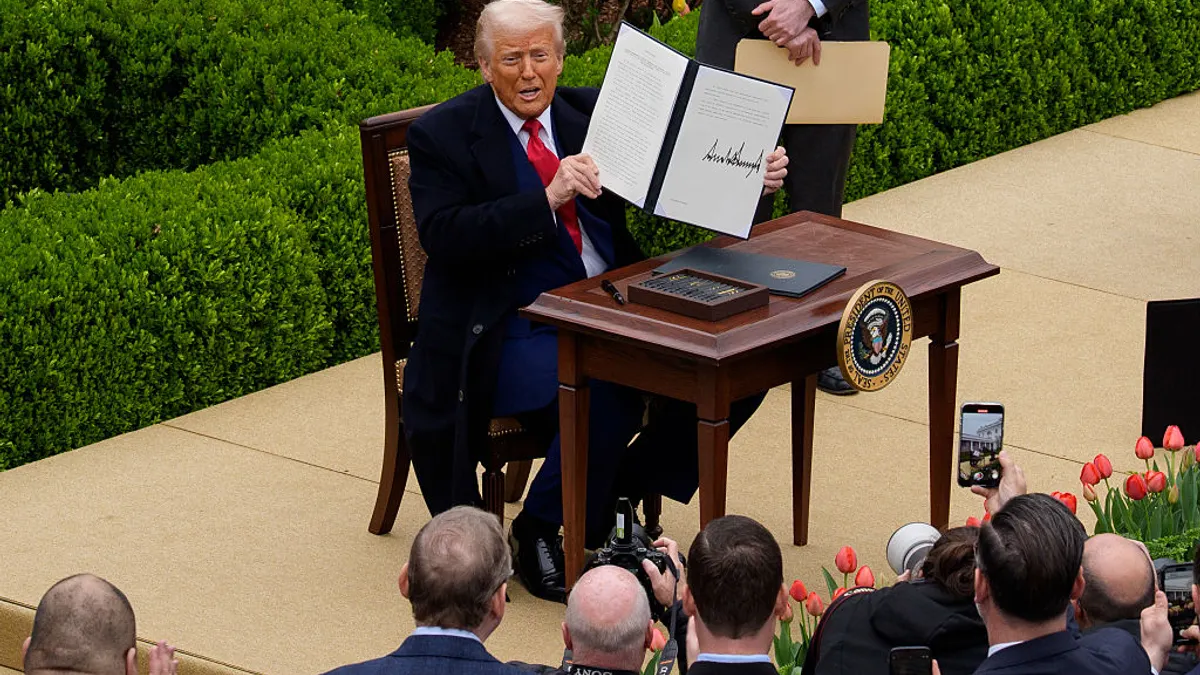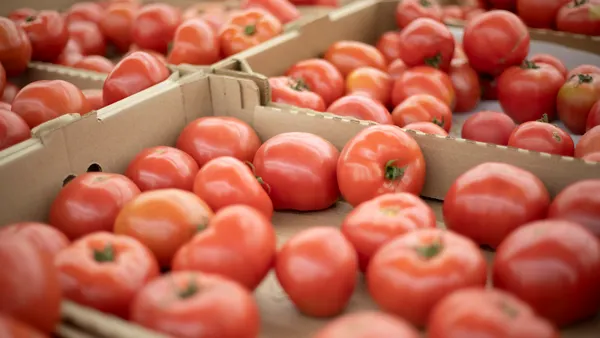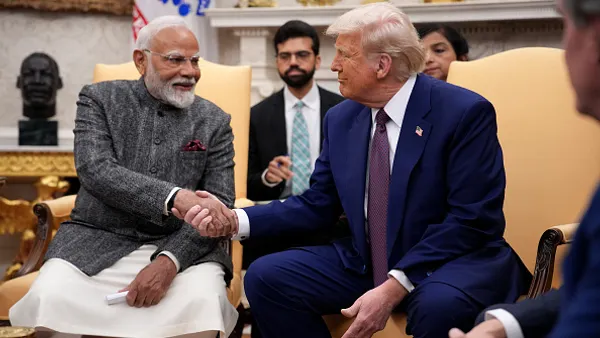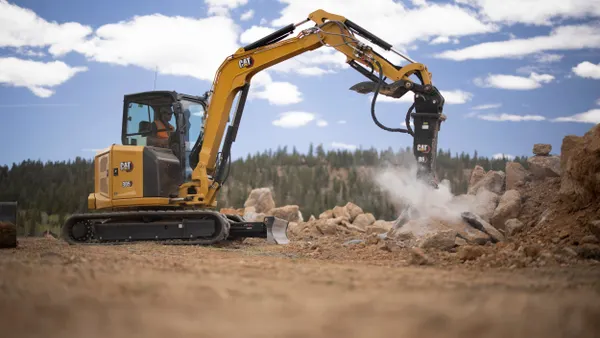Appellate judges weighed the limits of executive power to impose tariffs in a national emergency during a July 31 hearing to decide whether President Donald Trump went too far in levying duties globally on his self-proclaimed “Liberation Day” in April.
The hearing stemmed from an appeal by the Trump administration to a U.S. Court of International Trade ruling in the case of V.O.S. Selections, Inc. v. Trump that temporarily blocked the president’s broad use of duties.
Some of the panel of 11 Federal Circuit judges appeared skeptical of the government’s argument that the 1977 International Emergency Economic Powers Act gives the president the authority to impose duties on nearly every country without asking Congress. Judges pointed out that IEEPA doesn’t mention tariffs, and case law leading up to IEEPA did not give the president “unbounded authority” to set levies.
To make that argument, the government cited President Richard Nixon’s 1971 decision to install a 10% tariff on all dutiable imports to pressure other countries to revalue their currencies and make the U.S. dollar less overvalued.
Several importers then sued the government in U.S. v. Yoshida International, Inc., but the U.S. Court of Customs and Patent Appeals in 1975 found that the president had the authority to impose tariffs.
However, Nixon's use of levies during a proclaimed national emergency differed from Trump's.
A focus point for the judges in V.O.S. Selections was that Nixon's duties were temporary and did not upset Congress' sole power to set the Harmonized Tariff Schedule. Trump's tariffs have no end date, and their various rates reset those in the HTS, which classifies traded goods and sets import duties on each category.
Brett Shumate, the assistant attorney general representing the government, told the judges that the IEEPA expands on the U.S. Court of Customs and Patent Appeals’ 1975 decision and gives the president broad authority to regulate imports.
“The phrase here (in IEEPA) that the President relied on is regulate importation,” Shumate said. “Tariffs regulate importation by controlling imports, by adjusting imports.”
Congress, according to Shumate, didn’t need to write tariffs into the act because it passed two years after the Yoshida ruling established the president's right to impose levies.
Shumate further argued that Congressional approval for a president to use tariffs based on the IEEPA could also be assumed because in writing the act, “Congress wanted to give the president extraordinary authority to protect the United States, national security and foreign policy."
Nonetheless, the administration's jump from the limited tariff power established in 1975 to unrestricted authority claimed by Trump wasn't supported by any action by Congress, said Oregon Solicitor General Benjamin Gutman.
"Yoshida says repeatedly that it is not sanctioning an unbounded exercise of tariff and authority," said Gutman, who is representing 12 plaintiff states in V.O.S. Selections.
Lawyer Neal Katyal, representing five business plaintiffs in the case, said the government was reading too much into the IEEPA.
"If the government is going to have that power, then Congress has to give it to them clearly," said Katyal, who served as principal deputy solicitor general in the Justice Department under President Barack Obama.
After hearing oral arguments, the appellate court did not say when it would issue a ruling in V.O.S. Selections, and it’s difficult to predict how the court will rule, according to Jonathan Todd, vice chair of transportation and logistics at Benesch Friedlander Coplan & Aronoff.
"There's a great deal of gravity here, and in some of the questions from the court, it was clear that they were exploring what this really means for the office of the presidency and the future of the country," Todd said in an interview with Supply Chain Dive.
This story was first published in our Procurement Weekly newsletter. Sign up here.














